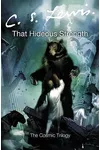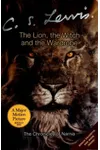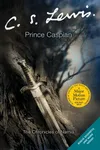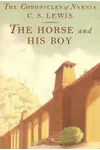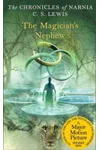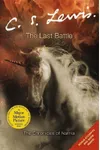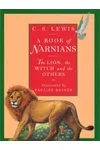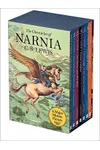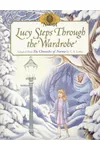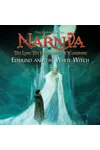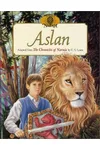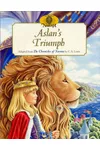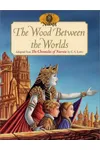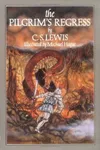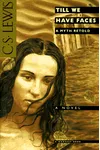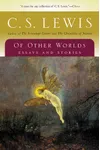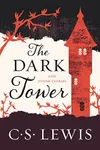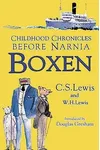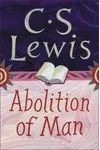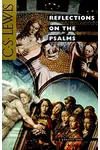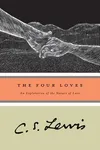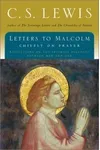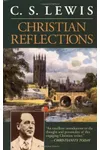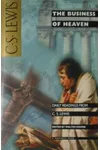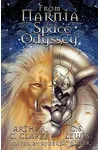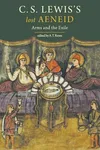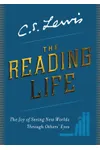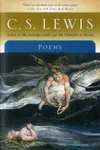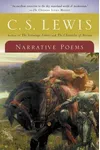Picture a British storyteller who spun tales of talking lions, magical wardrobes, and cosmic battles—meet C.S. Lewis! Born in 1898, this scholar-turned-author blended fantasy, faith, and philosophy to create timeless works like The Chronicles of Narnia. From his journey from atheism to Christianity, Lewis’s stories continue to enchant readers with their depth and wonder.
With a knack for making complex ideas feel like fireside chats, Lewis wrote for children and adults alike. His books, essays, and radio talks shaped 20th-century literature and Christian thought, earning him a spot as one of the most beloved authors of his time. Ready to explore his world? Let’s dive in!
The Making of C.S. Lewis
Clive Staples Lewis, born in Belfast, Ireland, grew up surrounded by books and imagination. As a child, he and his brother Warren created fantastical worlds, planting seeds for his later stories. Tragedy struck early with his mother’s death, pushing young Lewis toward atheism. He studied at Oxford, served in World War I, and later became a brilliant scholar, teaching at Oxford and Cambridge.
Lewis’s shift from skeptic to Christian, influenced by friends like J.R.R. Tolkien, transformed his life and work. His newfound faith infused his writing with hope and meaning, setting the stage for his literary legacy.
C.S. Lewis’s Unforgettable Stories
Lewis’s most famous work, The Chronicles of Narnia, is a seven-book series blending adventure, allegory, and Christian themes. The Lion, the Witch and the Wardrobe (1950) introduces siblings who stumble into Narnia, a magical land ruled by the lion Aslan. Its vivid imagery and moral depth captivate readers of all ages.
Beyond Narnia, Lewis penned The Screwtape Letters (1942), a witty satire where a demon mentors his nephew on tempting humans. His sci-fi Space Trilogy, starting with Out of the Silent Planet (1938), explores faith and morality across planets. Lewis’s style—clear, imaginative, and profound—makes complex ideas accessible, often with a playful or reflective tone.
His non-fiction, like Mere Christianity (1952), distills Christian beliefs into compelling arguments, drawn from his wartime radio talks. Whether crafting fantasy or apologetics, Lewis’s work invites readers to ponder life’s big questions.
Why C.S. Lewis Matters
Lewis’s influence stretches across literature, theology, and pop culture. The Chronicles of Narnia inspired generations of writers and filmmakers, with adaptations bringing Narnia to new audiences. His apologetic works shaped modern Christian thought, offering reasoned defenses of faith that resonate today.
Lewis’s ability to weave universal truths into enchanting stories ensures his timeless appeal. His books, translated into dozens of languages, continue to spark wonder and wisdom, proving that great stories never fade.
About C.S. Lewis
- Born: November 29, 1898, Belfast, Ireland
- Key Works: The Chronicles of Narnia, The Screwtape Letters, Mere Christianity
- Died: November 22, 1963
- Notable: Oxford scholar, close friend of J.R.R. Tolkien
Snag The Lion, the Witch and the Wardrobe and dive into C.S. Lewis’s magical world of fantasy and faith!


